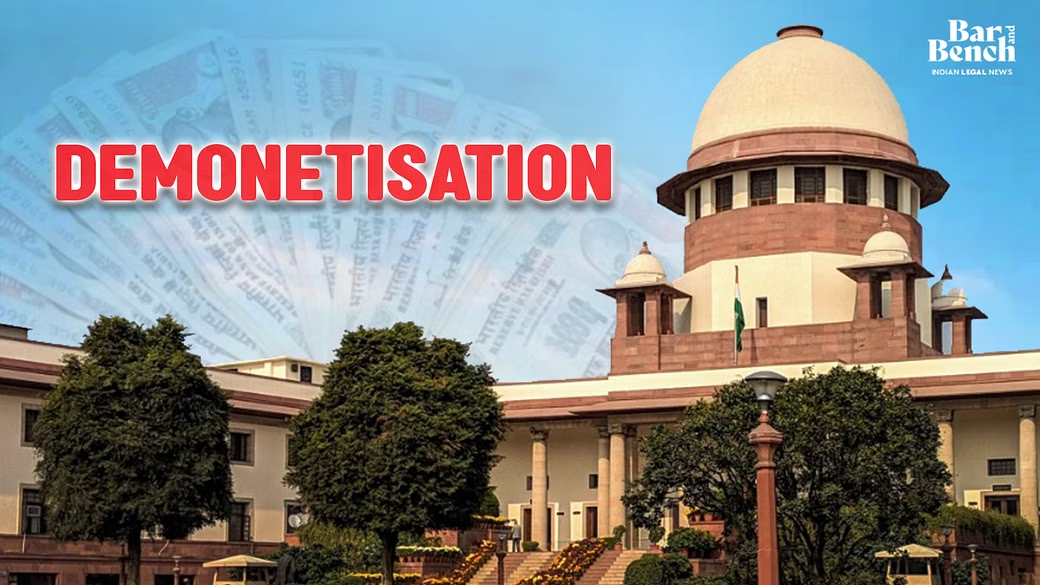Overly deferential : On Supreme Court judgment on demonetization
While upholding demonetisation, SC failed to hold government accountable
It is an oft-repeated judicial view that courts must defer-to the elected government’s judgment in matters of economic and social policy. Their interventions are usually limited to instances where executive decisions are palpably arbitrary or patently illegal. In this backdrop , it is no surprise that four of the five judges on a Constitution Bench of the Supreme Court deferred to the government’s wisdom in dramatically announcing the move on November 8, 2016 to demonetise all ₹500 and ₹1,000 notes that were then in circulation . The scope of judicial intervention was only to examine the decision-making process, but the majority has given its uncritical endorsement to the process, terming it to be free of flaws . It has upheld the government’s power to demonetise notes without quantitative restrictions and accepted the claim that there was adequate consultation between the Union government, which initiated the proposal, and the Reserve Bank of India (RBI). What might seem distressing about the majority verdict is that it has made light of the enormous suffering of the people that demonetisation entailed . While there are observations that recognise the possibility of hardship and that demonetisation may have ultimately been a failure, these are limited by context to say neither individual suffering nor errors of judgment can be cited to invalidate the action.
The majority has brushed aside substantial arguments based on proportionality , holding that demonetisation survives every test for proportionality: there was a legitimate purpose ( unearthing fake currency and hoarded wealth and combating terror funding) , there was a nexus between the action and the objectives, and the court did not have the expertise to suggest a less intrusive way of achieving these objectives. However, it does not properly address the question on whether the adverse consequences could have been limited. It is unfortunate that the court had nothing critical to say about the government failing to anticipate the ruinous effect of extinguishing the value of 86% of available currency on the economy and the immense miseries it heaped on the population. Justice B.V. Nagarathna’s dissent , holding the process to be flawed and the RBI’s approach to be without application of mind, is a consolation for those who want the courts to hold those in power to account. In a larger sense, of course, a judicial rap on policy questions matters little. But it might give governments cause for pause before implementing decisions with far-reaching consequences for the people.
